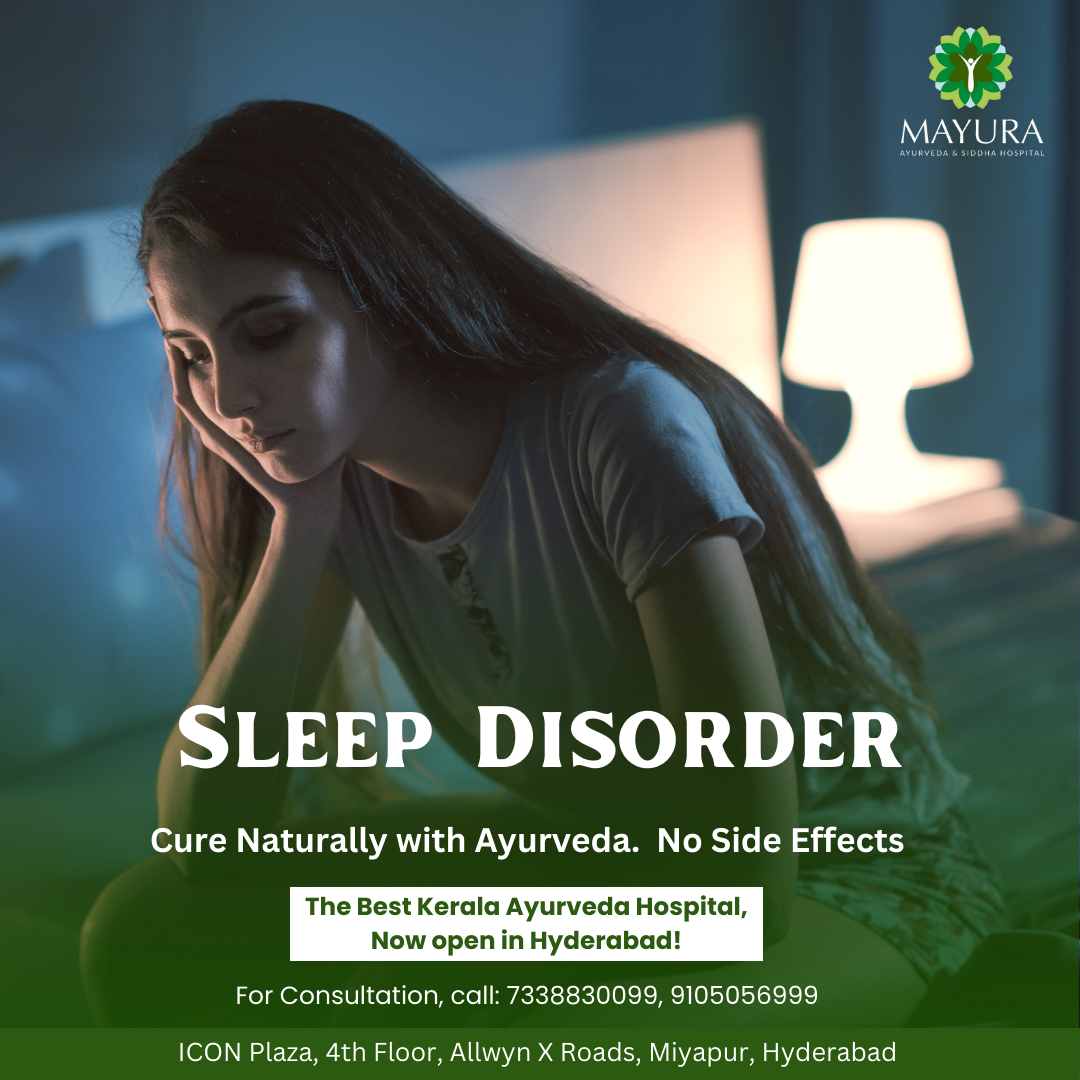Sleep disorders affect millions worldwide, disrupting their daily lives and overall well-being. Understanding these disorders is crucial for proper diagnosis and treatment.
Insomnia, one of the most prevalent sleep disorders, manifests as difficulty falling or staying asleep. Stress, anxiety, and poor sleep habits contribute to its occurrence. Effective treatments include cognitive-behavioral therapy and medication.
Sleep apnea, another common disorder, involves pauses in breathing during sleep, leading to fragmented sleep and daytime fatigue. Obesity, smoking, and genetics increase the risk. Continuous positive airway pressure (CPAP) therapy is often prescribed.
Restless legs syndrome (RLS) causes uncomfortable sensations in the legs, compelling movement and disrupting sleep. Iron deficiency, kidney failure, and pregnancy can trigger RLS. Treatment options include medication and lifestyle changes.
Narcolepsy is a neurological disorder characterized by excessive daytime sleepiness and sudden sleep attacks. The exact cause is unknown, but genetics and autoimmune factors play a role. Stimulants and antidepressants help manage symptoms.
Shift work disorder affects those whose work schedules conflict with their body’s natural sleep-wake cycle. It can lead to insomnia, excessive sleepiness, and decreased performance. Light therapy and medication assist in adjusting sleep patterns.
















